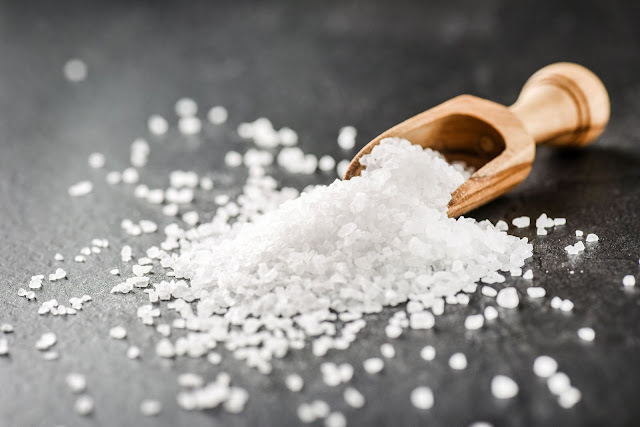Sodium phenylbutyrate is a medication that alters the
breakdown of waste products in the liver. It is used to treat urea cycle
disorders, primarily involving deficiencies or defects of the liver enzyme that
removes ammonia from the blood. It works by enabling alternative pathways for
the removal of nitrogen from the blood in patients with urea cycle disorders,
which reduces ammonia accumulation.
The global sodium phenylbutyrate market is estimated
to be valued at US$ 1.92 Billion in 2023
and is expected to exhibit a CAGR of
4.2% over the forecast period 2023 to 2030, as highlighted in a new report
published by Coherent Market Insights.
Market Opportunity:
The opportunity to treat urea cycle disorders presents a major market
opportunity for sodium phenylbutyrate. Urea cycle disorders are a group of
rare, inherited metabolic disorders caused by genetic defects that affect the
urea cycle, which is crucial for removing ammonia from the blood. Left
untreated, urea cycle disorders can cause dangerously high levels of ammonia in
the blood, leading to neurological complications or even death. Currently,
sodium phenylbutyrate is one of the only medication options available for the
treatment of urea cycle disorders. With no cure available and a rising
diagnosis rate, the treatment market for sodium phenylbutyrate is expected to
witness significant growth over the forecast period. Additionally, ongoing
research into newer delivery methods and therapeutics for urea cycle disorders
indicates further growth prospects for sodium phenylbutyrate.
Porter's Analysis
Threat of new entrants: Low capital requirements however presence of
established players limits opportunities.
Bargaining power of buyers: Buyers
have moderate bargaining power due to availability of substitutes.
Bargaining power of suppliers: Few
suppliers restricts their bargaining power.
Threat of new substitutes:
Substitutes like hexylene glycol limits threat.
Competitive rivalry: Intense
competition between major players influences pricing.
SWOT Analysis
Strength: Wide applications in
fragrances, food and pharmaceutical industries. Effective medicine for certain
rare diseases.
Weakness: High manufacturing cost
and supply constraints. Toxic if consumed in high quantities
Opportunity: Increasing demand for
fragrances and personal care products in emerging markets. Potential in
livestock feed.
Threats: Stringent regulation over
manufacturing. Adverse publicity regarding synthetic chemicals.
Key Takeaways
Regionally, North America dominates the global market
and is estimated to maintain its lead over the forecast period. The growth in
the region is driven by presence of major players and increasing healthcare
expenditure. Europe is another prominent region in the global market supported
by growing pharmaceutical industry in the region. Rising awareness about orphan
drugs for rare diseases also drives the Europe market. The Asia Pacific market
is expected to grow at a notable pace during the forecast period on back of
expanding middle class population, rapid urbanization and rising healthcare
spending in the region.
Key players operating in the sodium phenylbutyrate market are Procter &
Gamble (P&G) Chemicals, CREMER, Wilmar, VVF Ltd., KLK OLEO, Inoue Perfumery
MFG, Wuhan Yuancheng Gongchuang, Changsha Jianglong Chemicals, Godrej
Industries. Major companies are engaged in new product launches and strategic
collaborations to strengthen their position in the market.
Explore more information on this topic, Please
visit @ https://www.rapidwebwire.com/by-increasing-hereditary-urea-cycle-disorders-prevalence-growth/




Comments
Post a Comment